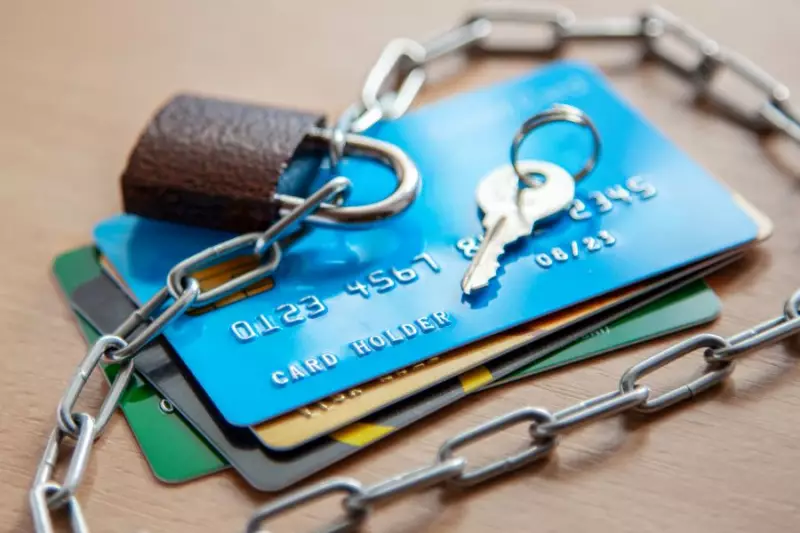How to Get Your Record Expunged or Sealed to Cover Your Criminal Background
Table of Contents
- By David Lukic
- Published: Feb 10, 2021
- Last Updated: Mar 18, 2022
A criminal record could follow you for life! Once it becomes public record that you were arrested, convicted, and punished, you may have a difficult time getting a job, applying for professional licenses or certifications, and even leasing an apartment. If you were charged with a crime but never convicted, unfortunately, those records will remain online and easily accessible also unless you apply to have them sealed or expunged.
What is Sealing?
Sealing is different from expungement in that your criminal records will be hidden from public view, but someone could still review them with a court order. This means that law enforcement, government agencies, and others will still have access to your criminal record. It is not gone, simply hidden from view. Many states automatically seal juvenile criminal records once the person turns 18.
With sealing, the records will still exist online and physically, but they will be hidden from the public eye.
What is Expungement?
Expungement, on the other hand, is when you apply to the courts to have your criminal record removed entirely. For all intents and purposes, it will be like it never happened. When applying for a job, if you are asked if you were ever convicted of a crime, if your records have been expunged, you can legally answer no. Typically, offenders convicted of juvenile crimes or drug crimes have an easier time of getting their records expunged.
According to Nolo.com, here are the reasons for this:
“Drug offenses. Many people arrested for drug offenses are eligible for diversion programs. These programs typically provide for the expungement of records following the satisfactory completion of a program.
Juvenile offenses. People who were arrested or convicted as juvenile offenders may have an easier time getting their criminal records expunged or sealed. Usually, this is an option once the person reaches the age of 18, and they’ve otherwise stayed out of trouble with the law. Learn more in our article on sealing juvenile court records.”
Expunging records means they are deleted and physically destroyed. The process can give a person who made a mistake a second chance at life. In some states, this process is called “setting aside a criminal conviction.”
How to Qualify to Expunge Your Records
Every state has laws regarding sealing or expunging criminal records. However, they do vary widely. In some cases, you can only apply for expungement if the charges were dropped. Other states may only allow sealing or expungement for certain types of crimes. California, for example, will not remove expunged or sealed records from public view, but they will add a note saying they were disposed.
Some other criteria may be:
-
The time elapsed since you completed your punishment/program of recovery. There is usually a waiting period of 1-5 years after you have completed your rehabilitation.
-
The crime was not a serious felony or violent act. New York does not allow expungement for any criminal convictions. Some states do not allow expungement for sex offenses.
-
No further criminal history since the original crime.
-
Completion of parole or probation.
Certificate of Innocence
In cases where you were mistakenly arrested and never charged because you were, in fact, innocent. You should definitely request a “Certificate of Actual Innocence” when applying for expungement. Not only does it hide criminal records, but it also proves they shouldn’t even exist at all. This document can help a lot when applying for a job or if you need to prove your innocence to someone who got a hold of your mistaken criminal record before the records were removed.
What is a Pardon?
Instead of expungement or sealing, you may opt to apply for a pardon. With a pardon, your criminal record is erased, and all is forgiven. Your right to vote and bear arms is also restored in the process. Pardons are generally granted by the state Governor and they suspend any further sentencing.
How to Expunge Your Criminal Records
Again, the process will vary from state to state and even county, but basically, to have your records expunged, you start by filing some paperwork to get the ball rolling. You don’t necessarily need to hire an attorney to help you, but in some cases, it may be advantageous.
-
You must first file a petition with the court to have your files expunged. You have to file in the same court where your case was disposed.
-
You must file one petition for each charge you wish to expunge.
-
A judge will be assigned to review your case and decide if you meet the criteria for expungement.
-
Once approved, you may have to provide copies to law enforcement agencies and others to get the files removed from all locations. These locations may include the local sheriff’s office, police station, community service center, jail, the probation office, etc.
-
You may need to visit the courthouse in person. Sometimes they offer expungement forms online, and in some cases like Massachusetts, you can apply by mail.
You can review each state’s specific laws on expungement here.




















